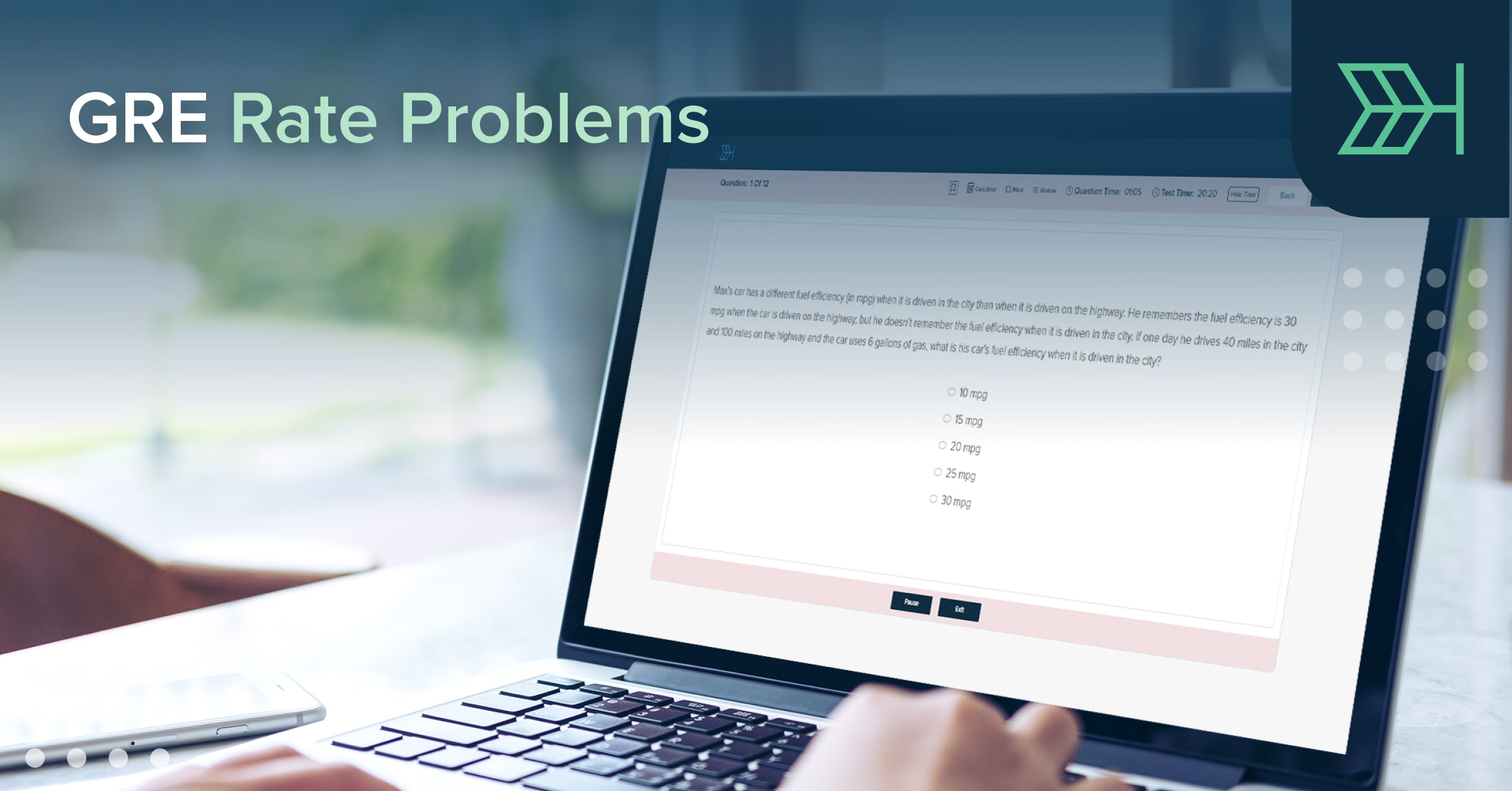There are a few things that make the IELTS Listening test quite challenging. To overcome these hurdles, one must have some tricks up their sleeve. These tips might already be very familiar to you, or they might be something entirely new.
Listen
This is fairly obvious, isn’t it? But do we actually pay heed to this very familiar instruction? More often than not, we don’t.
Acquaint yourself with different native English accents by listening to music, podcasts, news feeds, and audiobooks. Listen to lectures on topics of your interest and note down the important points. This will help you comprehend difficult lectures set in an academic context.
Familiarize
If you know what you can expect in a certain kind of recording and familiarize yourself with the questions and question types during the preparation time provided, it’ll be easier to identify the correct answer and the main points as you listen.
Stay Alert
The audio/recording will only be played once. You cannot choose or determine when the audio will start playing. Hence, it’s important to stay alert and pay utmost attention to the audio. You need to answer as you listen. Do remember that the audio may not use the exact same words as the questions/options and vice versa. So look for ideas and not match words, as the latter can be misleading.
Practice your grammar and spellings
Are you wondering why this is important in the Listening section? You will be required to write down answers, and careless spelling and grammatical errors will cost you marks. There is no negative marking in IELTS, but a correct answer written with incorrect spelling or grammar will lead to 0 points for that particular question!
Build a good vocabulary
If you miss the meaning of a single word, it will affect your understanding of the core material. Therefore, read and listen to a variety of sources, and acquaint yourself with new words and phrases. A good vocabulary is always a valuable asset.
Identify through tone
In the case of recordings set in a social context, try to identify the point made by the speaker through their tone and the emotion conveyed.
Look out for the word limit
Read the question very carefully. Look out for any word limits mentioned and strictly adhere to them.
Words in context
There are bound to be some unfamiliar words. Try to guess the meaning through the context.
Transfer the answer practice
Practice transferring the answer from the question paper to the answer sheet before appearing for the exam. That’ll help to quicken the pace while you are attempting the actual exam. This only applies to those appearing for the paper-based test.




